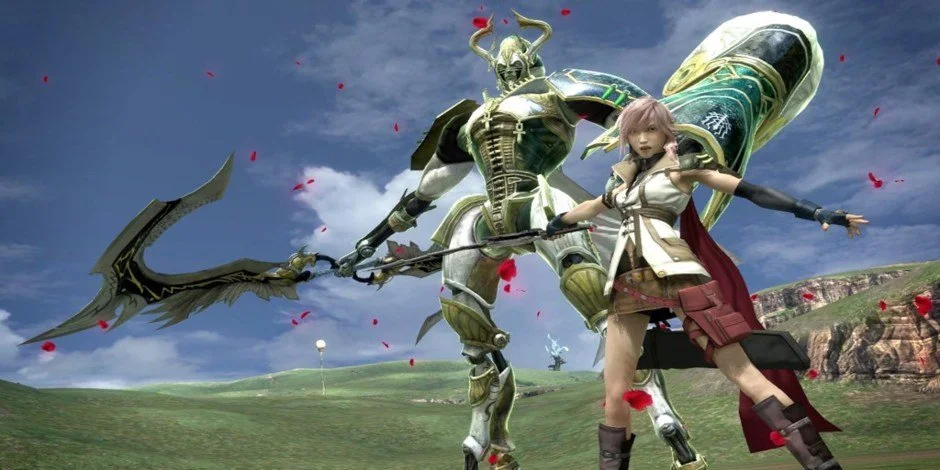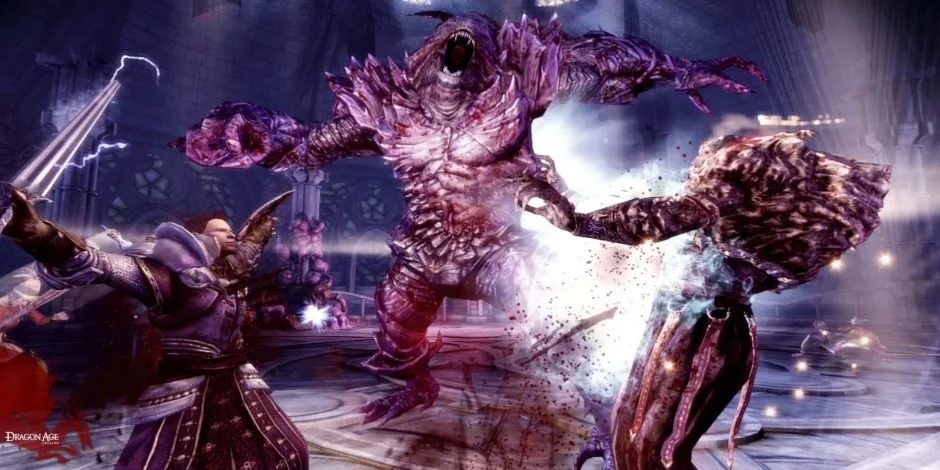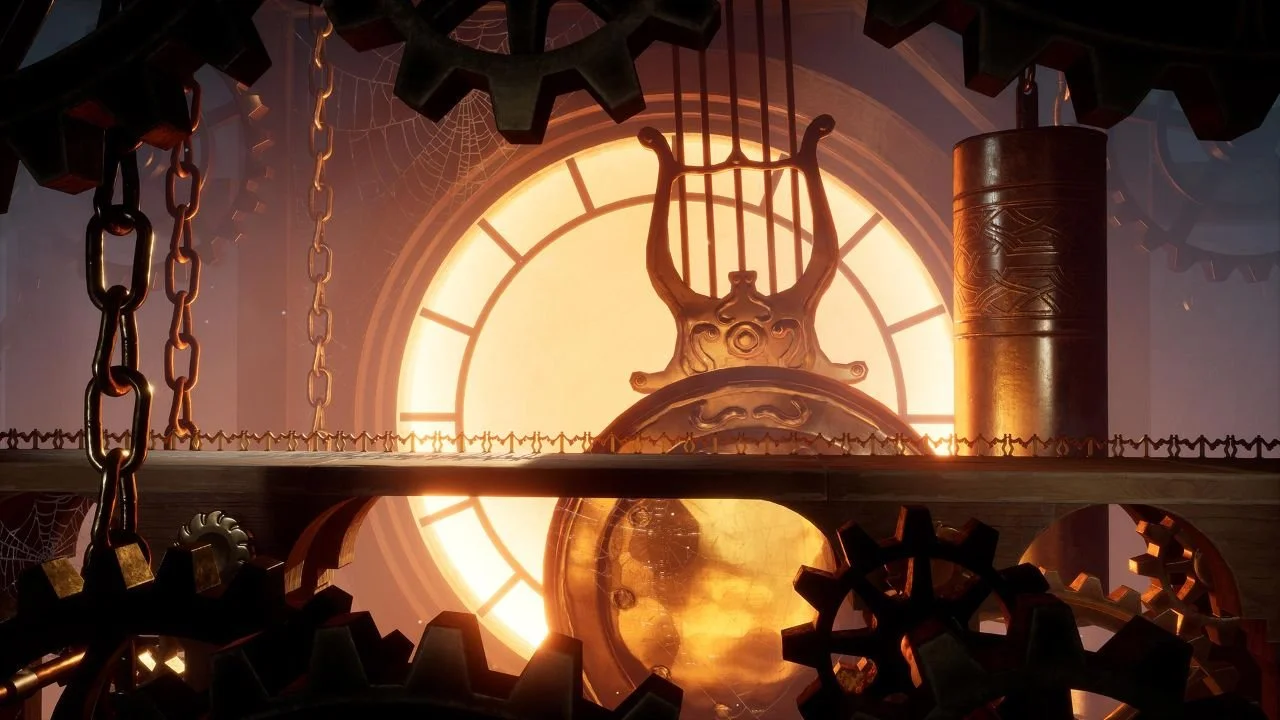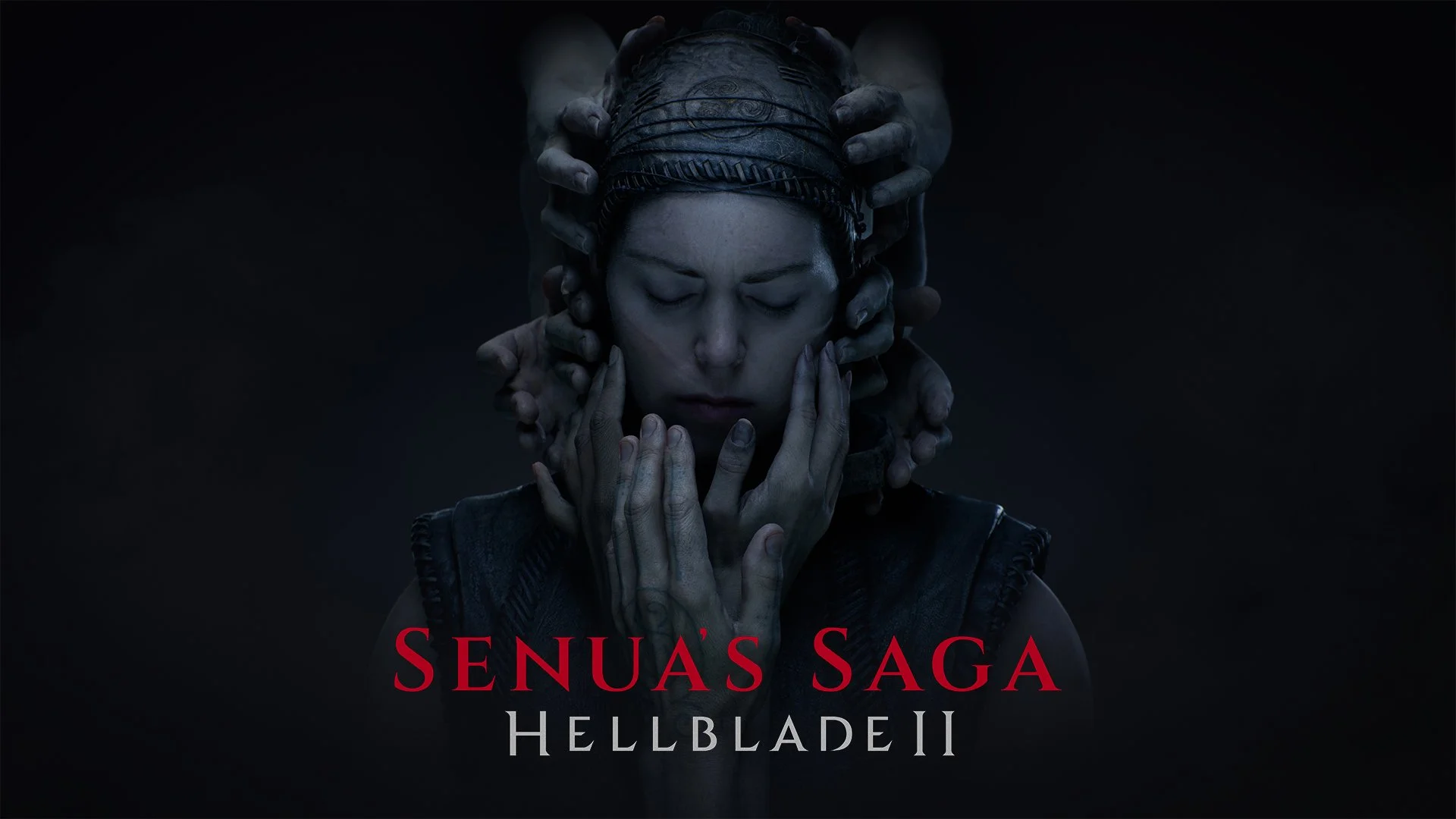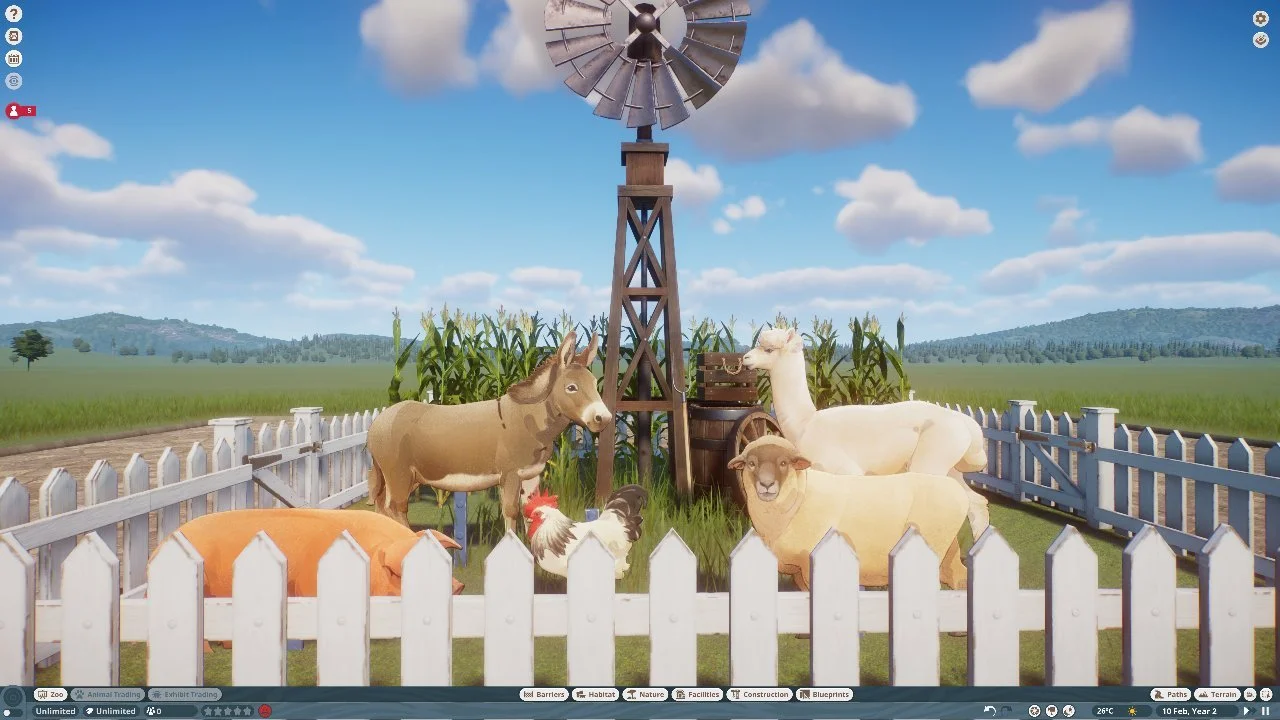Question for everyone out there: If a game can’t be good from the moment I start playing it, why would I bother investing 20-30 hours into it? ‘It gets really good after you get 20 hours into it!’ is an argument I’m quite tired of hearing. As saturated as the video games market is these days, I find I’m having to be more and more selective with the games I play. Why would I invest so much time in a mediocre experience just to get to a better one later when there are so many games that are consistently good?
I remember back when Final Fantasy XIII came out in 2009. I was a person who hadn’t looked too extensively at the series, but someone I knew at the time was full-blown obsessed with it. I’m talking about keychains, car decals, even tattoos, the man was a Final Fantasy fanatic. He had preordered the extravagant edition of the game. I even gave him a ride to the game shop to pick it up.
Later that night, we went back to his dorm room and the excitement I saw on his face as he booted it up for the first time is something I won’t ever forget. I’ll say this for Final Fantasy XIII, it has a heck of an introduction. The graphical upgrades from the previous installment, the sweeping orchestral score, and the world looked interesting. A few days later, I asked him how the game was going, and he said, “It was bad for the first 30 hours or so, but it gets a lot better once you get to Gran Pulse.”
I wanted to shake him! Why would you waste 30 hours playing a bad game hoping against hope that it would eventually get good? I can understand sticking with a franchise you love, even the bargaining that goes along with having bought a bad game brand new; I think we’ve all been there, but the man could have won a gold medal for mental gymnastics with the hoops he was jumping through to justify his purchase.
All of this relates back to a saying I heard a lot growing up, especially as it related to MMORPGs of the time; earn your fun. There was, and to some degree still is, a mentality that says you must suffer before you’re allowed to have fun. I can think of other instances, of course. A Dungeon Master who wanted every game to start at level one so we could, “earn our fun,” a friend who tried to sell me on the original EverQuest because, “you’re forced wait on boats for thirty minutes to get to where you’re going, it’s so realistic!” The list goes on.
This is not to say, however, that slow-burn games can’t be good. Dragon Age: Origins is one of my favorite games of all time, and it certainly takes its time with the pacing at the beginning. What makes it work, though, is the way in which the game respects your time. The game delivers a meaningful gameplay experience that not only teaches you the game mechanics but also allows you to make significant decisions that will impact the game through the rest of your play.
Dragon Age: Origins is a game that I’ve had no problem replaying multiple times. It was the first game in a long time I felt like playing to completion, trying to unlock all achievements on my borrowed Xbox 360 copy of the game. This meant playing through all six of the game’s origins, backstories that had their own unique introduction to the game’s world before the player becomes the Grey Warden.
While there are stronger origins and weaker ones, each provides a true glimpse of the core gameplay loop of Dragon Age: Origins and more importantly, they’re fun. In the words of Reggie Fils-Aimé, “If it’s not fun, what’s the point?” Why spend thirty hours not having fun for the promise of fun later? Why can’t the game be good right now?
There simply isn’t enough time in the days and years that are given to us to play everything there is! Thus, we must be selective with the games we play, movies we watch, music we listen to, etc. I’ve reached a point in my life that something being ‘good’ just isn’t enough anymore, so why would I waste my time playing something I’m not having fun with? If a game is bad, just stop playing it. It is better to play no game at all than a bad game.
